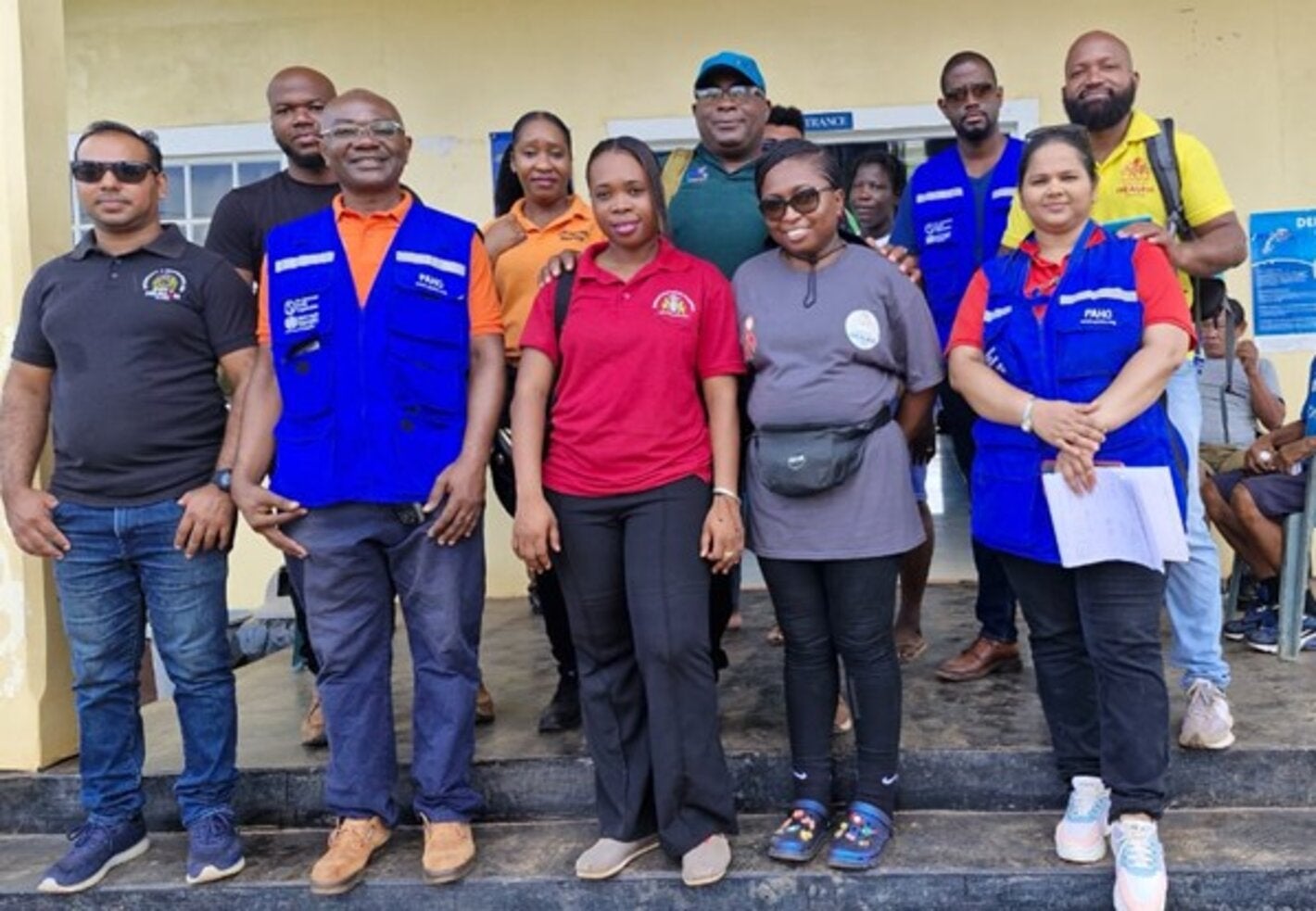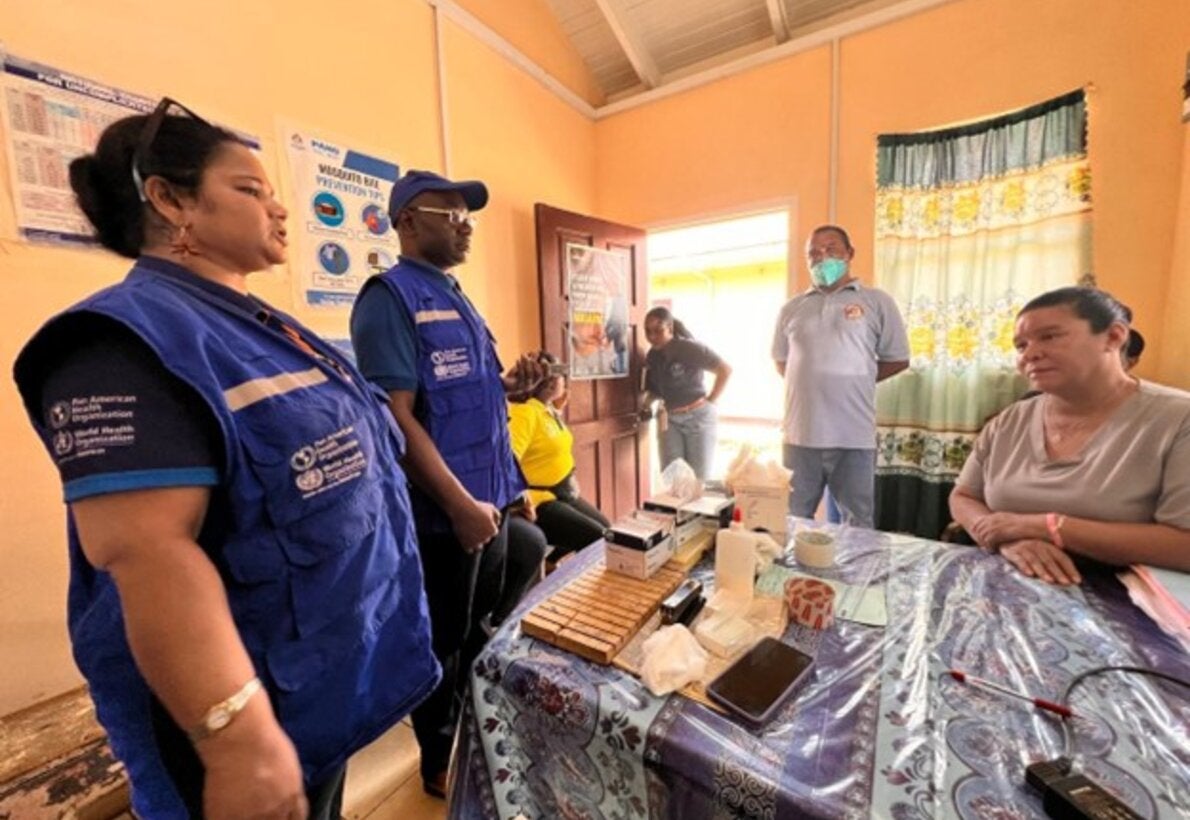
GEORGETOWN, GUYANA, 24 SEPTEMBER 2024 - The Ministry of Health (MoH), with PAHO support, has committed to disease elimination. Targeted diseases so far include Lymphatic Filariasis, Chagas Disease, Leishmaniasis, Tuberculosis, Malaria, Leprosy, Hepatitis B and C, HIV/AIDS and STIs, and mother-to-child transmission (HIV, Syphilis, Hepatitis B, Congenital Chagas).
PAHO supported the MoH in developing a roadmap for the elimination of identified diseases in April 2024. Currently, the focus is on reformulating a service delivery model based on primary health care. The model will enhance the capacity for screening, testing, diagnosis and treatment at the first level of care. The model will also increase field knowledge and surveillance, mobilizing communities to enhance supportive supervision and scale up disease elimination efforts.
The model also aims to strengthen the essential public health functions and introduces a robust volunteer-based package supplemented by outreaches in an overall hub-and-spoke model. A regular supportive MoH supervision model has also been prepared for timely and adequate health education, diagnosis, treatment/ referral, and reporting.
The Matakai District in Region 1 is the most malaria affected area in Guyana currently. This area was selected as a place to start implementing the proposed integrated primary health care model for disease elimination. The joint mission comprised regional health authorities, MoH staff and PAHO and assessed the feasibility of the model of care prepared aiming at integrating malaria and HIV AIDS diagnosis and interventions in several villages and informal mining areas in the area selected.
The mission highlighted the need to empower and train community workers and volunteers for the delivery of an integrated package for the elimination of targeted diseases while strengthening surveillance.
The engagement of other stakeholders was also identified as key (e.g. Guyana Geology and Mines Commission, Guyana Women Miners’ Association, Ministry of Agriculture, Ministry of Housing and Water). Working with these actors enables action on the determinants of health.
Moving forward, having validated the model of care proposed, PAHO will immediately prepare with the MoH team all operational and training materials needed for the implementation of the model of care. This will be followed by field training and the implementation of the model of care proposed.




